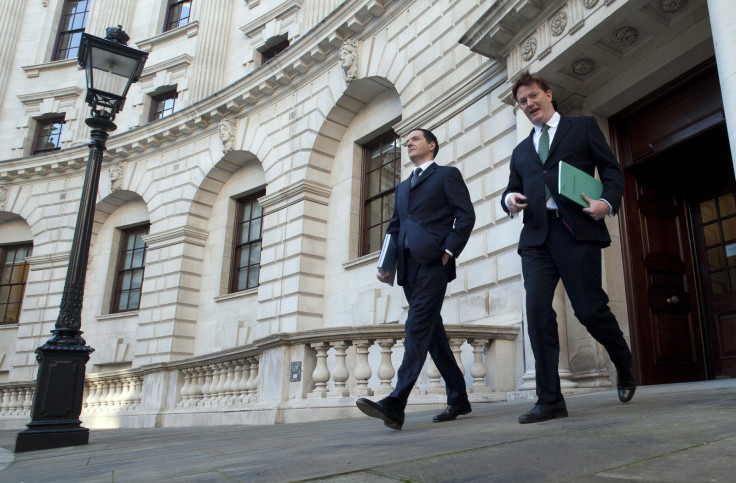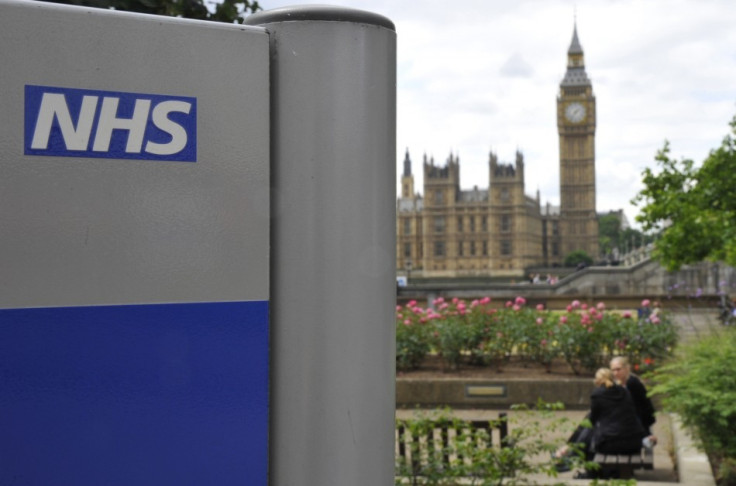Autumn Statement 2014: George Osborne must make sure UK deficit reduction remains on track

Has there ever been an Autumn Statement or Budget quite as a tactical as this? With little room to manoeuvre, the measures George Osborne announced will barely touch the big numbers that shape our public finances.
In the run-up to the chancellor's fifth Autumn Statement, there was concern about deficit forecasts not improving despite robust growth. The deficit outturns were better than expected and the chancellor was – to the surprise of many – able to show a falling deficit profile.
The Office for Budget Responsibility, which scrutinises the government's tax and spending numbers, judged the deficit overrun to be temporary. The OBR's growth forecast next year – 2.4% – is well below consensus and the Bank of England's 3%. It certainly seems conservative to me.
There were also a number of adjustments to spending, driven by lower inflation outturns. The big change was the profile of debt interest payments, which are much lower than they were. This has helped the chancellor to unveil a boost to NHS spending. There was also an extra £1.2bn for GP services – to be funded by forex fines announced last month.
When one considers government spending amounts to more than £720bn, you can see why it's not hard to be a little underwhelmed by the scale of what we're talking about here.

But there were micro measures that will be felt keenly by multinationals, banks and rich homebuyers who will notice higher tax bills.
A restructuring of the slab system of stamp duty – a net giveaway close to a £1bn that for 98% of transactions will see a reduction in the tax paid – should prove popular. Fuel duty was frozen again and the personal allowance increased.
There were more details on the plans for infrastructure with a new National Infrastructure Plan, more road spending and more details around plans for the north. There were some tangible benefits to business, particularly to smaller firms via export promotion, business rates, research and development tax credits and a further boost to the Business Bank.
Banks will be obliged to pay an extra £4bn – or actually £3.5bn on my analysis – of tax over the next five years due to a reduction in the relief they can offset for tax. The chancellor also announced plans to bear down on multinationals who shift their profits overseas to minimise their tax bill.
The CBI's reaction to both those moves did not lack punch. "International tax rules are in urgent need of updating, but the decision for the UK to go it alone, outside the OECD process, will be a concern for global businesses, and moving the goalposts on offsetting losses risks creating a worrying precedent."
What are the gems of the Autumn Statement?
So often the gems – and the devils – of any Budget or Autumn Statement are found buried in the supporting documents. My favourite spot (so far) is in the OBR's economic and fiscal outlook, Box 4.1 on the fiscal impact of financial interventions.
Taking into account all the various interventions in the wake of the financial crisis, the government is currently owed £82bn. Now, if one assumes full repayment of all loans and sale of its current shareholding at their current market values, this would realise an overall cash surplus of around £8bn.
Given that the equity stakes could well rise further, this number is quite likely to be an underestimate. This does, however, have to be offset with the financing costs of the interventions that HMT estimate as being £20.6bn to date.
All in all, plenty for us chew over in the run up to the May general election. But the bigger challenge is yet to come. With the polls suggesting there is unlikely to be an overall majority next year, foreign investors will wonder whether Britain's deficit reduction will remain on track.
But while the UK economy continues to outperform many of its European peers this is being overlooked.
Richard Woolhouse is chief economist at the British Bankers' Association (BBA).
© Copyright IBTimes 2025. All rights reserved.






















